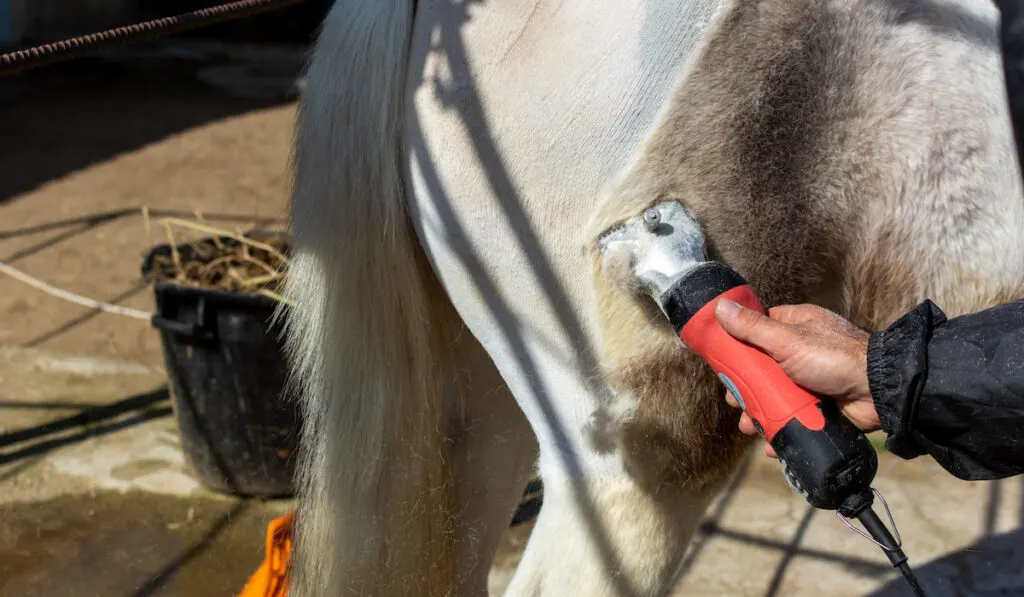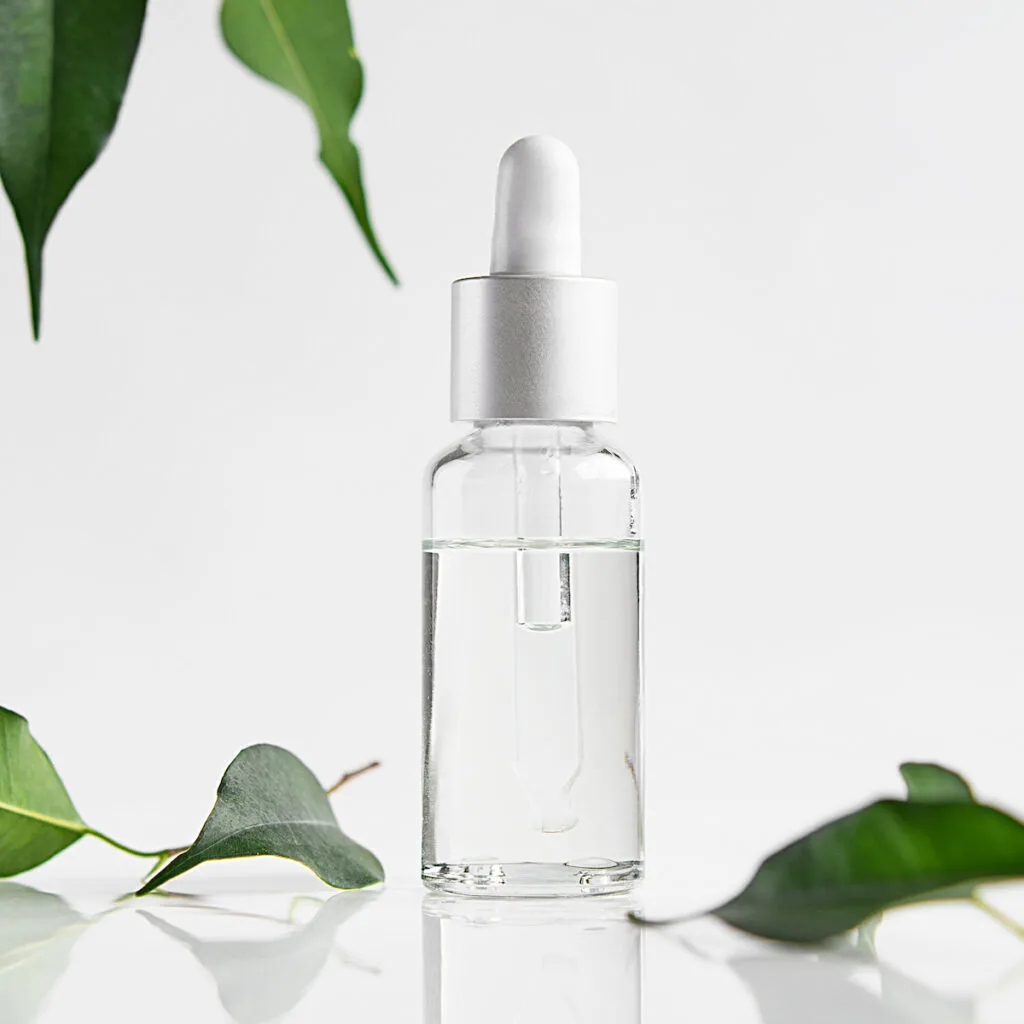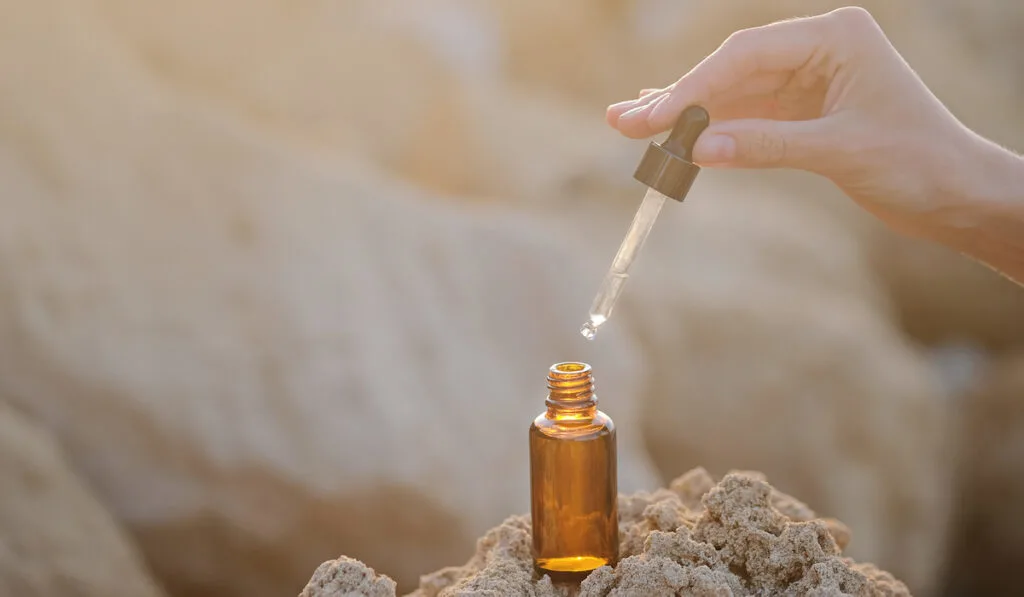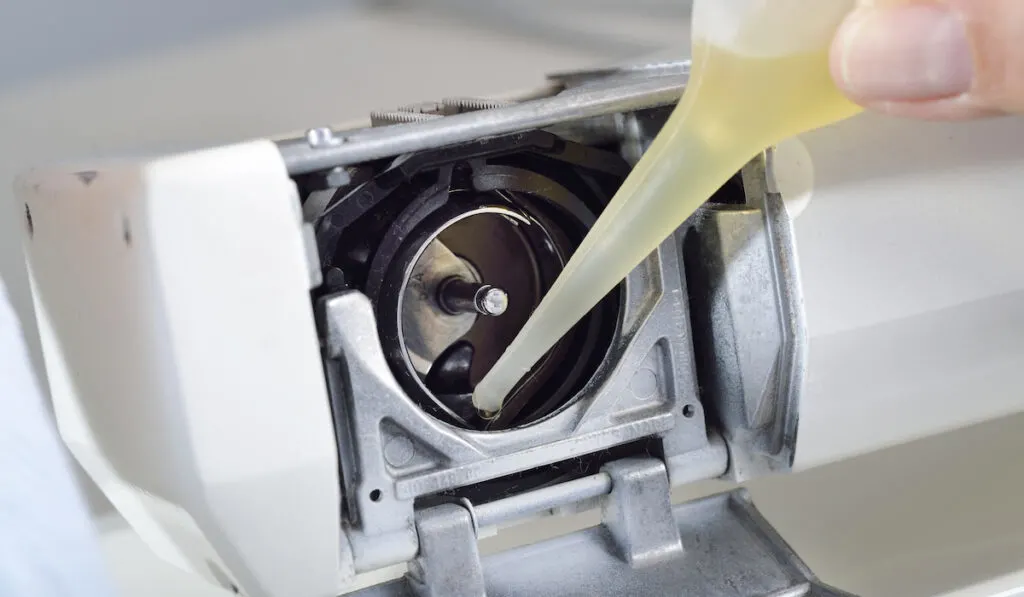In stables and barns across the world, you’ll find people working hard to keep their animals’ hair trim and looking neat. Whether you’re cutting a horse’s mane shorter or keeping your sheep nice and tidy, you need a pair of agriculture clippers that will do the trick.
Agricultural clippers are a bit different than the clippers we use in the bathroom to trim our own hair. They’re a lot stronger, sharper, and the blades are set farther apart than the ones your barber uses when you take a trip to the salon. They have to be in order to get through what is often thicker, coarser animal hair.

Human clippers are cheap enough that you can replace them if something breaks. Animal clippers, though, often cost more money and require more maintenance.
One of the issues people often run into is that they aren’t well-oiled. You need to keep them lubricated so they move through animal hair and operate smoothly for a clean, nice cut.
Finding the right clipper oil isn’t always easy. Yes, there are clipper oils designed specifically for the device, but what if you’re out and you need to use something else in a pinch?
This article lists 7 clipper oil substitutes you can use instead to give your animal a nice trim.
Table of Contents
Why You Need Oil
Clippers are mechanical devices with a lot of moving parts. As you’re moving through horsehair, for example, the blades and the components moving them start to encounter friction and generate heat. It can lead to wear and tear on your clippers.
Finding a substitute requires you to use something with low viscosity that can handle higher temperatures. You need it to not break down or melt away when things get hot.
The 7 Clipper Oil Substitutes You Can Use
Here’s a list of decent clipper oil substitutes you can use.
Baby Oil

Baby oil is available everywhere online and in most places you go to buy groceries. Just look for the personal care or diaper aisle, and you’re sure to find it somewhere in the area. Baby oil is a great option because it’s affordable and it is a low viscosity oil.
You can drizzle it on the clippers as you go and not have to worry about the clippers breaking down or anything. The only complaint baby oil gets is usually tied to its fragrance. It’s not for everyone. Still, good to know you can run to the grocery store and grab some if you run out of your clipper oil.
Mineral Oil
Mineral oil is very similar to baby oil. It’s probably a better alternative to clipper oil because it doesn’t come with polarizing scents, and your specialized clipper oil is essentially a more refined version of mineral oil.
This oil has a low viscosity as well, so it will maintain performance when things get hot as you are using the clippers.

Silicone Oil
If you must, you can also use silicone oil as a clipper oil alternative. One negative aspect of silicone oil is that it tends to trap dirt more easily than baby oil or mineral oil.
This may not be a concern for a pony or a goat you’re trimming, but if you are concerned with how your animal looks after their trim, then you may not want to use it that often. Or, you will want to give them a nice brushing or a bath once you’re through.
3 in 1 Oil
This type of oil is a very good lubricant and is certainly something you can use on agricultural clippers. Some people even use this oil as a human clipper oil alternative, though they need to wash off right after using the clippers.
It all depends on what type of animal you’re clipping and how you want them to look. Still, a decent alternative if you need something that’s on hand.
Kerosene
Some people using clippers on their horses actually use kerosene in a small can. All you have to do is dip the clippers in the kerosene a few inches with the clippers on. It will shake all of the dirt and hair free from the blades so you can go back to clipping hair.
Just make sure you give the clippers a wipe down with a towel or a clean cloth after they’ve come out of the kerosene. You don’t want to be slicking your horse down with kerosene.
Sewing Machine Oil

A lot of people with horses report that they use sewing machine oil as a clipper oil substitute with good success. It’s a fine oil owning to the small parts in most sewing machines, so give it a try and see if it’s thick enough to handle what you need to do with your clippers.
Sewing machine oils are harder to find, but if you’ve got a sewing machine at home, you may have some oil laying around that you can use for when you run out of clipper oil.
WD40
WD40 isn’t something you would want to use in human clippers or on something like your dog, but it does the trick when it comes to clipping horsehair.
Odds are you have a can of WD40 in the garage or in a storage closet somewhere, so all you have to do is grab it and give your clippers a spray with it before you start cutting.
If your clippers start to get clogged up with hair and debris, you can spray the WD40 again and give it a wipe with a cloth before continuing the haircut.
Conclusion
Obviously, having clipper oil for your hair clippers is the best option. If you want to protect your clippers long-term and make cutting animal hair as easy as possible, then you’ll want to stick with whatever the manufacturer recommends.
That said, there are a lot of alternatives to clipper oil that you can use in a pinch. And chances are your horse or whatever other animal you’re giving a haircut to won’t mind all that much when you use something different.
